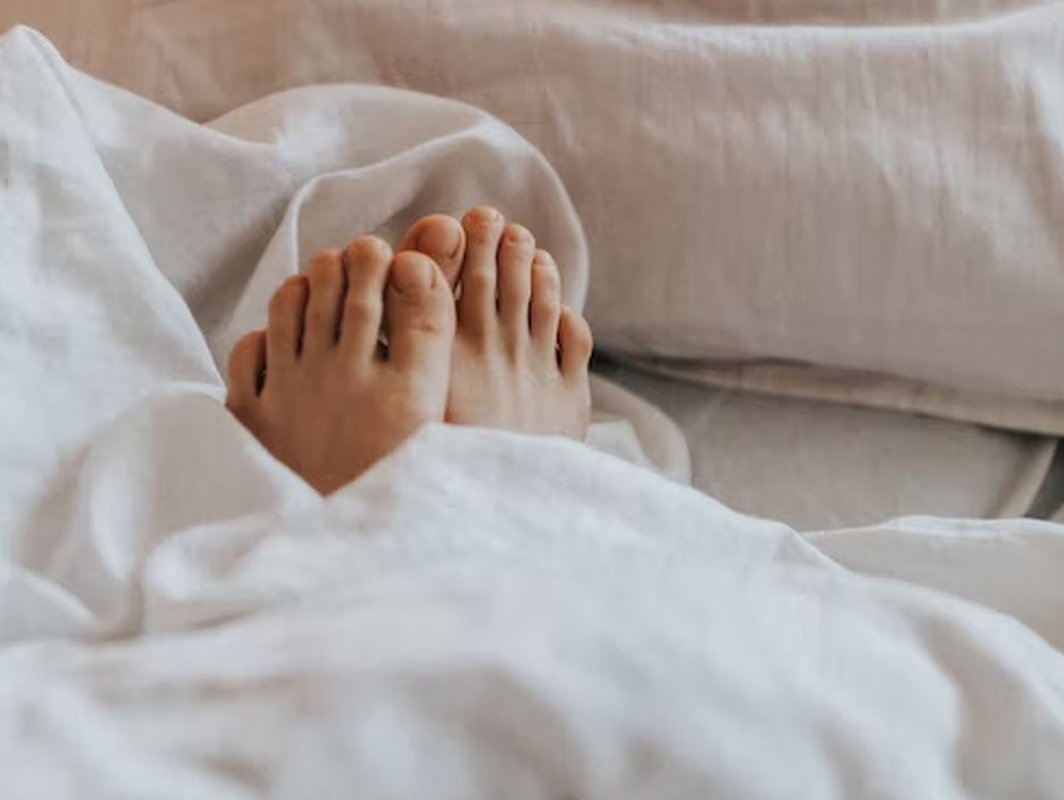
Sleep is essential for physical and mental health, and people's habitual bedtime and wake-up times affect various aspects of their body's functioning.
A new study published in the journal Experimental Physiology found that late sleepers compared to early sleepers have vastly different health outcomes. In particular, metabolic differences are associated with differences in sleep and wake cycles. Scientists have found that night owls have a reduced ability to use fat for energy, and it tends to accumulate in the body, increasing the risk of type 2 diabetes and cardiovascular disease.
People who fall asleep early or late at night have been observed by researchers at Rutgers University. They found that people who fall asleep early “rely more on fat for energy” and are more active during the day. Late sleepers use less body fat for energy at rest and during exercise.
Night owls have also been found to be more insulin resistant, meaning their bodies require more insulin to lower their blood glucose levels, and their body prefers carbohydrates over fat as an energy source. Among people who go to bed late, disorders associated with the consumption of carbohydrates are common – cravings for sweets, alcoholism. In turn, previous studies have shown that people who fall asleep after midnight have a 25% higher risk of developing cardiovascular disease due to metabolic disorders.
Life hacks for falling asleep and waking up
br>Scientists note that adequate sleep is important for overall well-being, as well as for heart and circulatory health, and most adults should aim to get seven to nine hours of sleep a night. But also of great importance is the time of falling asleep and waking up, which affects various aspects of health. Experts believe that the more accurately it corresponds to natural biorhythms, the more actively metabolism and fat burning processes are carried out. habits help prolong life.
